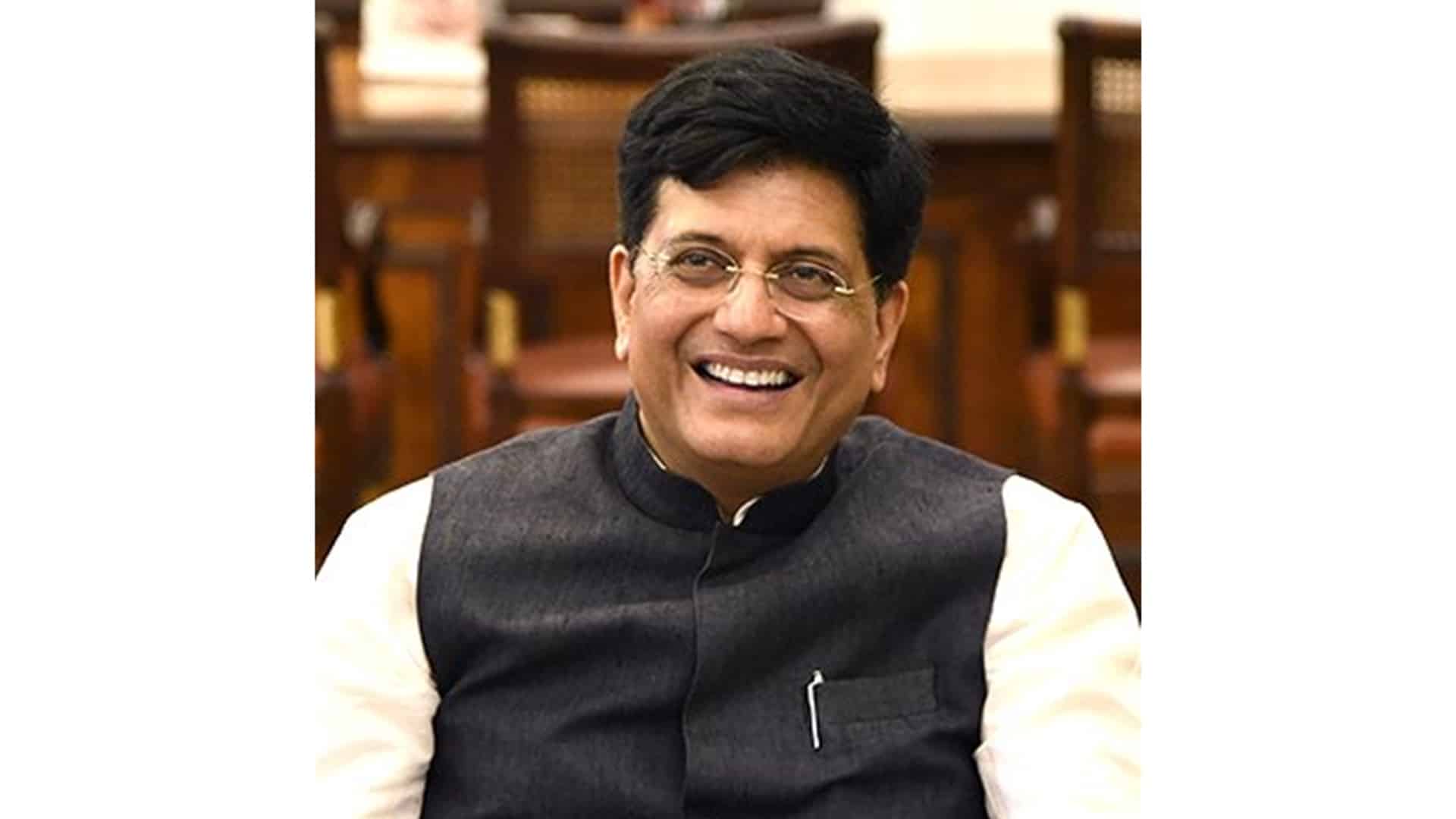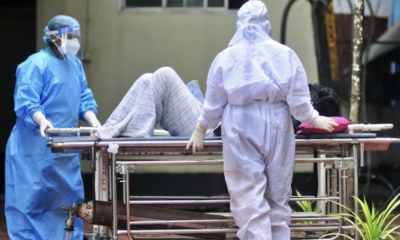Business
Linking of WTO reforms by developed countries with S&DT unfair: Goyal
Developed countries linking World Trade Organisation reforms with special and differential treatment (S&DT), being provided to poor and developing nations, is “unfair” and the trade body needs to reassess the way it has been conducting its affairs, Commerce and Industry Minister Piyush Goyal said on Thursday.
He also said that the world today also has to reassess whether certain countries are genuinely following global multilateral rules transparently and in a fair manner.
The S&DT allows developing and poor (less developed) countries to enjoy certain benefits, including taking longer time periods for implementing agreements and binding commitments, and measures to increase trading opportunities for them. Currently, any WTO member can designate itself as a developing country and avail these benefits.
The US had submitted its suggestions to the WTO that states that self-declaration puts the WTO on a path to failed negotiations and it is also a path to institutional irrelevance.
India is of the view that the matter needs to be negotiated comprehensively in the WTO and a consensus-based decision needs to be taken on S&DT.
“I think the WTO needs to reassess the way it has been conducting its affairs…The problem is that developed world start with reforms (and) linked with whether S&DT should continue, that is the benefit that less developed countries and developing countries has over the developed countries…little bit of benefits, most of it is any case dissipated…and I think it’s so unfair,”he said at a CII event.
He added that to deprive countries, having low per capita income, from certain differentiated treatment, and put them on the same benchmark with countries having USD 60,000 – USD 80,000 per capita income as it is “grossly unfair”.
Goyal said that discussions can happen on the issue about which country should be considered developing and which should be developed and “I think the world should be open to discuss that”.
Further talking about sustainability, the minister said the developed world talks about the issue but have they done enough to meet the goals.
“I would request the developed countries introspect on what they have done,” he said.
The 12th Ministerial Conference (MC12), the highest decision making body of the WTO, will take place from November 30 to December 3 in Geneva.
Separately, the commerce and industry ministry in a statement said that underlining the need to reduce logistics costs to make factory products competitive in global markets, Goyal asked the states to reduce state specific disabilities.
Also Read: Govt to refund Rs 7,900 crore retro tax to Cairn; firm to withdraw cases
He also urged the states to undertake suitable amendments in labour laws to take advantage of the production linked incentive (PLI) schemes induced manufacturing growth.
“Cost of doing business needs to be assessed State-wise,” he said.
Calling upon the electronics industry to aim for local value addition in TV manufacturing from the current 28 per cent to 43.7 per cent, Goyal said set top box (STB), CCTV, mobile handsets and television manufacturers should come out with plans on how localisation can be achieved.













































Pingback: Abhijit Banerjee flags methodology used for Global Hunger Index rankings